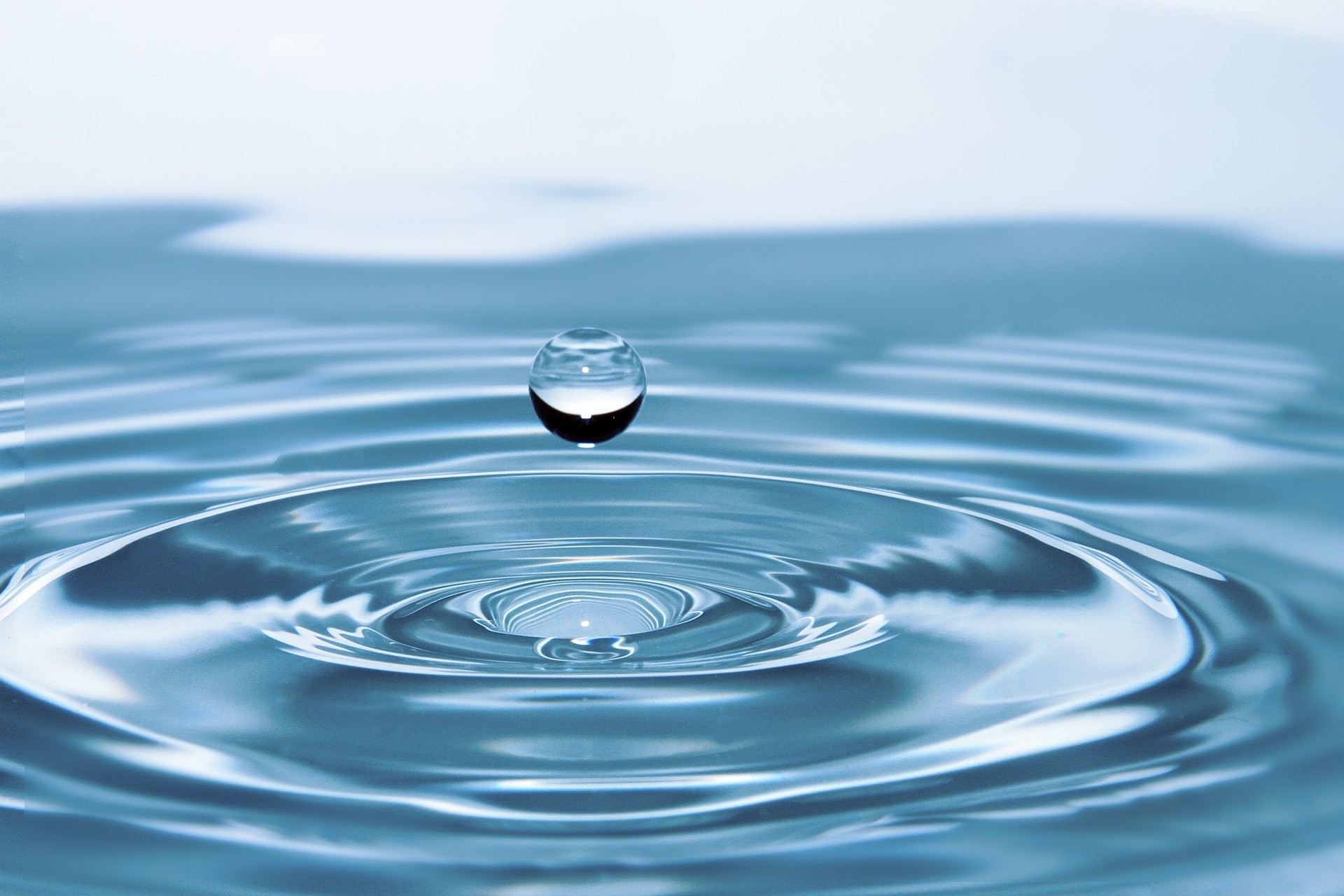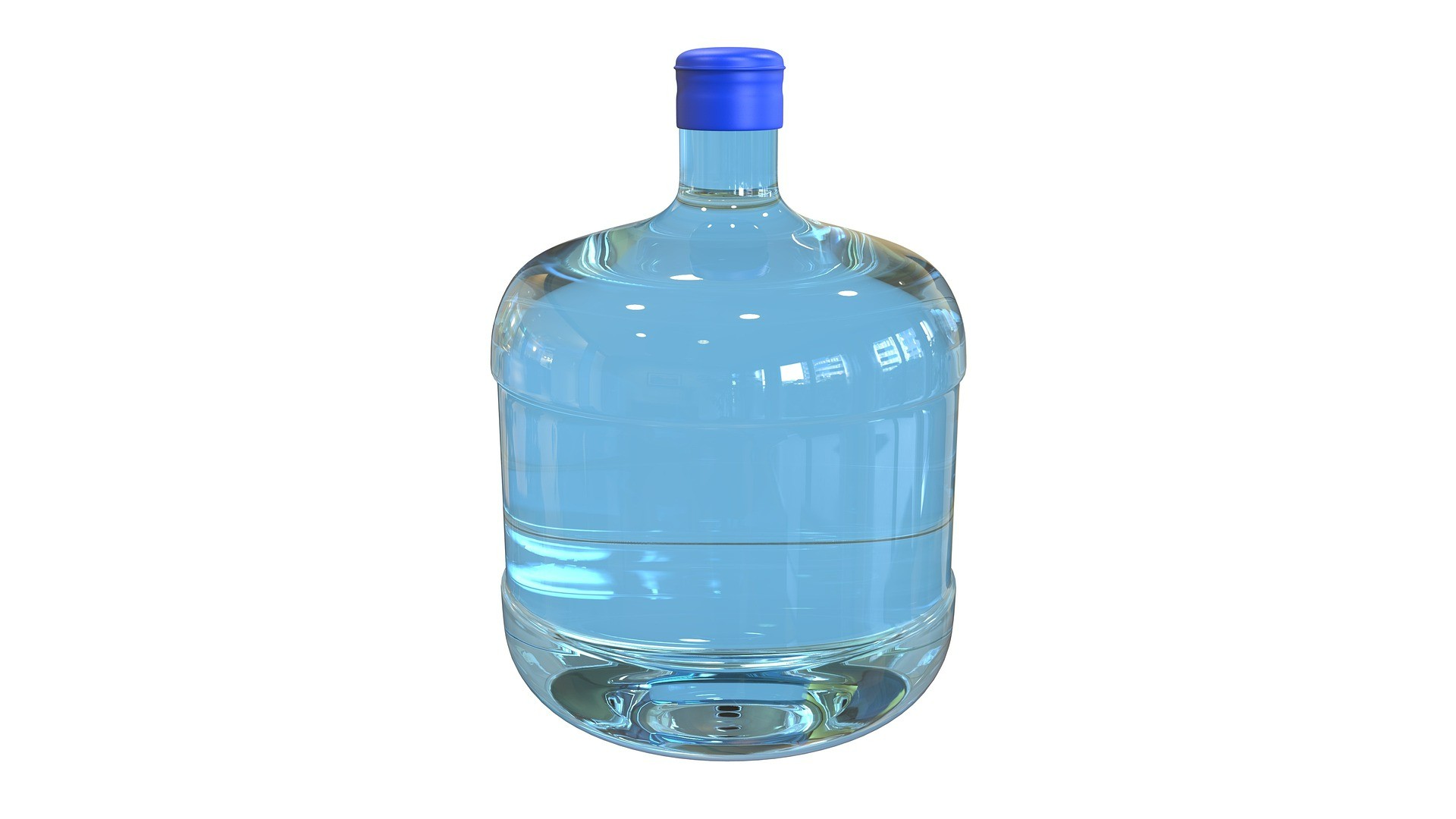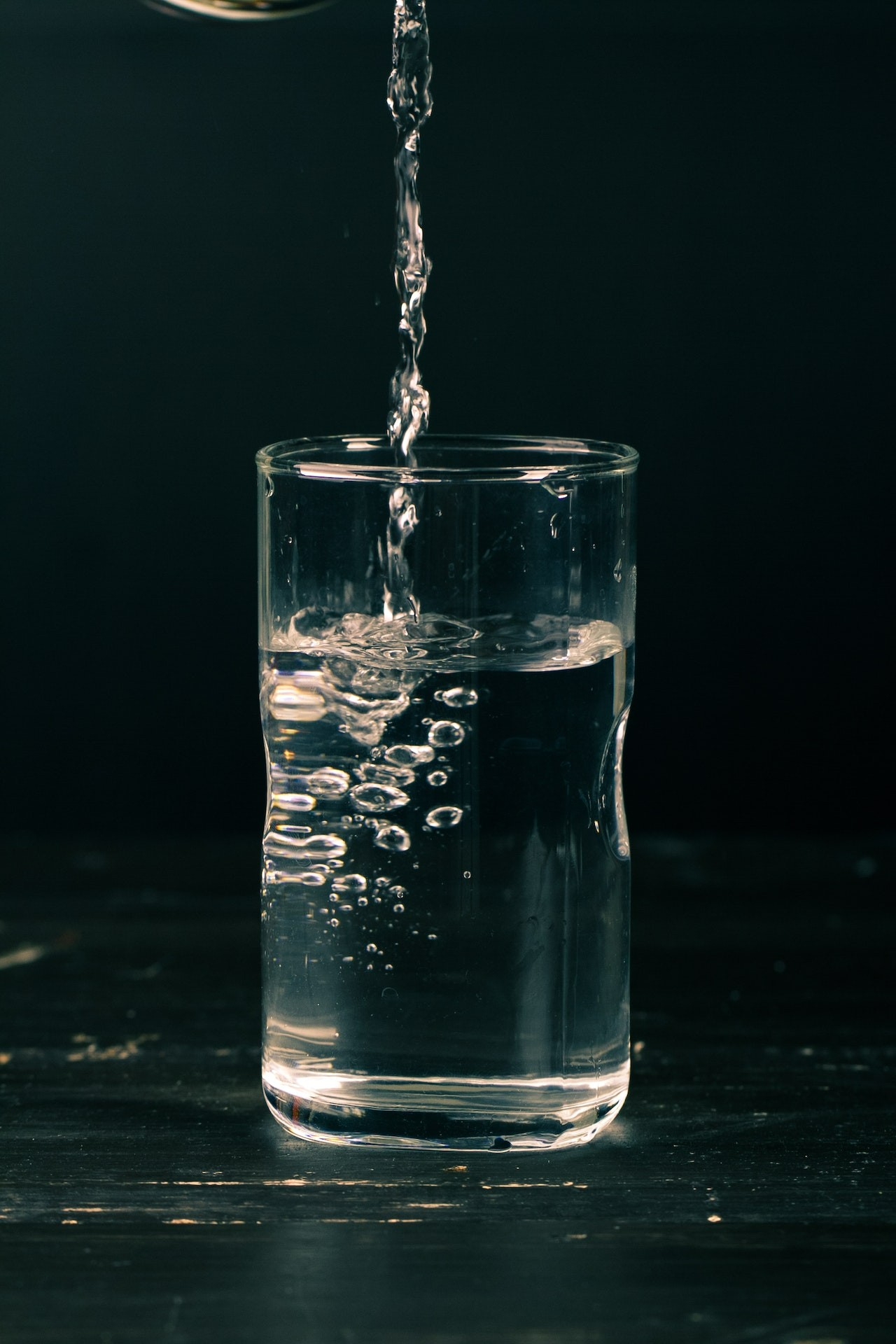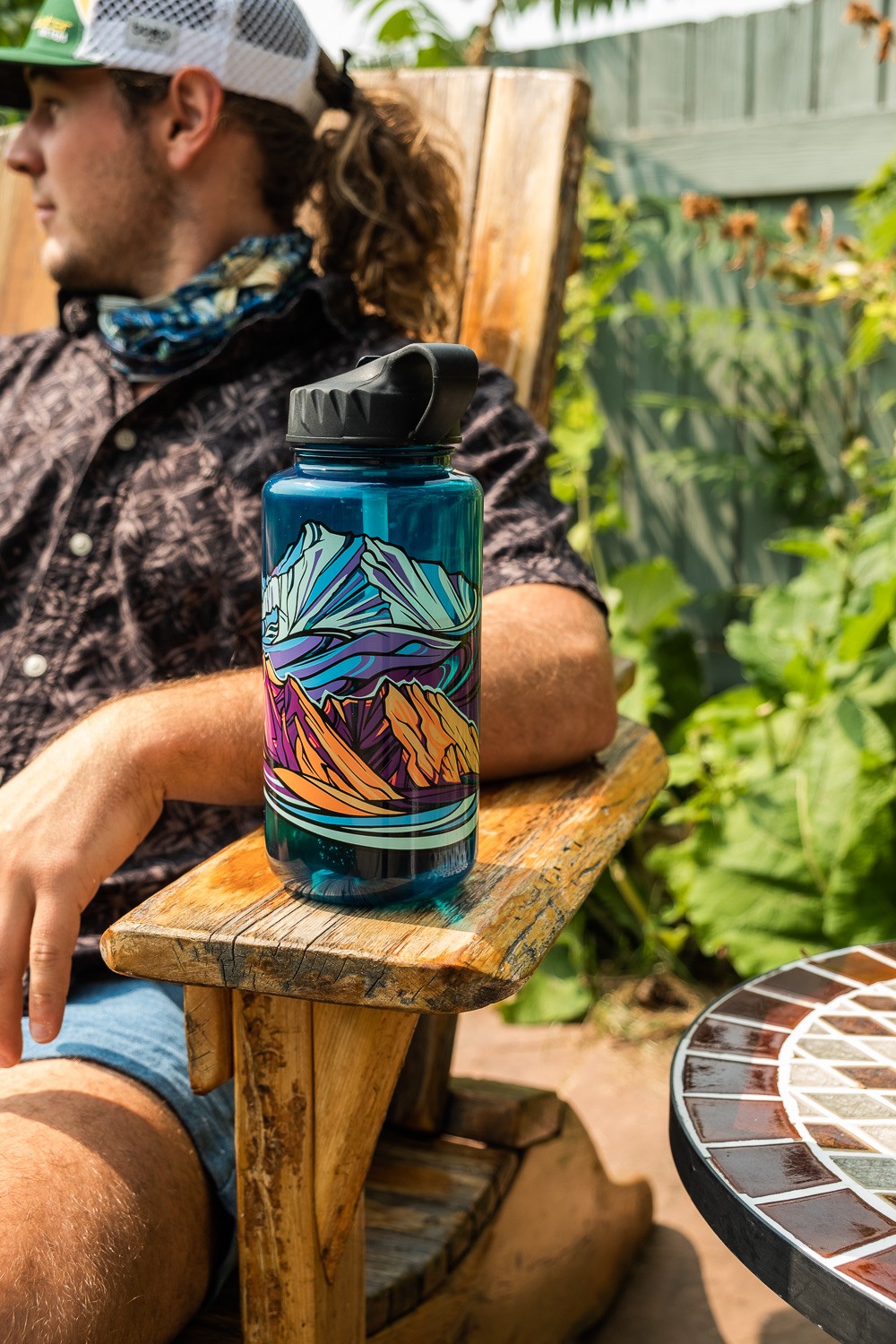How Much Does One Liter Of Water Weigh is a common question, and understanding the weight of water is crucial in various fields. HOW.EDU.VN connects you with experts to provide detailed insights on water weight, addressing factors influencing its density and offering practical applications. Discover the science behind water’s weight with our team of PhDs.
1. Understanding the Basics of Water Weight
Water is a fundamental substance, vital for life and numerous industrial processes. Its weight is often a key factor in calculations and applications. Understanding how much a liter of water weighs involves grasping the concepts of mass, volume, and density.
1.1 Defining Mass, Volume, and Density
Mass refers to the amount of matter in a substance, typically measured in kilograms (kg) or grams (g). Volume is the amount of space a substance occupies, usually measured in liters (L) or milliliters (mL). Density is the mass per unit volume, commonly expressed as grams per milliliter (g/mL) or kilograms per liter (kg/L). The relationship between these three is:
- Density = Mass / Volume
For water, under standard conditions, the density is approximately 1 gram per milliliter (1 g/mL) or 1 kilogram per liter (1 kg/L).
1.2 Standard Conditions and Their Importance
Standard conditions refer to a specific temperature and pressure at which scientific measurements are typically made. For water, these conditions are usually defined as 4°C (39.2°F) and 1 atmosphere (atm) of pressure. At 4°C, water reaches its maximum density, which is approximately 1 kg/L.
Understanding standard conditions is important because the density of water, and therefore its weight, can change with variations in temperature and pressure. For accurate measurements and calculations, it’s essential to consider these factors.
2. How Much Does One Liter of Water Weigh Under Standard Conditions?
Under standard conditions (4°C and 1 atm), one liter of pure water weighs approximately 1 kilogram, which is equivalent to 2.20462 pounds. This is a widely accepted benchmark, but it’s important to note that this value can fluctuate slightly with changes in temperature and the presence of impurities.
2.1 Calculating the Weight of One Liter of Water
To calculate the weight of one liter of water, we use the formula:
- Weight = Volume × Density
Since the volume is 1 liter and the density under standard conditions is approximately 1 kg/L, the weight is:
- Weight = 1 L × 1 kg/L = 1 kg
Therefore, one liter of water weighs 1 kilogram or 2.20462 pounds under standard conditions.
2.2 Practical Examples and Applications
Knowing the weight of one liter of water has numerous practical applications. For instance, in cooking, recipes often measure water in liters or milliliters. Understanding the weight helps in accurately scaling recipes. In construction and engineering, calculating the weight of water is crucial for designing water storage systems, irrigation systems, and assessing structural loads. Environmental scientists use this information for hydrological studies, estimating water resources, and managing water supply.
3. Factors Affecting the Weight of Water
While 1 liter of water typically weighs 1 kilogram under standard conditions, several factors can influence its weight. These include temperature, pressure, and the presence of dissolved substances.
3.1 The Influence of Temperature
Temperature affects the density of water. Water is densest at 4°C. As the temperature increases or decreases from this point, the density decreases, causing the weight of one liter of water to change. For example, at higher temperatures, water expands, reducing its density and therefore its weight.
| Temperature (°C) | Density (kg/L) | Weight of 1 Liter (kg) |
|---|---|---|
| 0 | 0.9998 | 0.9998 |
| 4 | 1.0000 | 1.0000 |
| 20 | 0.9982 | 0.9982 |
| 100 | 0.9584 | 0.9584 |




3.2 The Role of Pressure
Pressure also affects the density and weight of water. As pressure increases, water compresses slightly, increasing its density. This effect is more noticeable at significant depths, such as in oceans. However, for most everyday applications, the pressure variations are not significant enough to cause a substantial change in the weight of one liter of water.
3.3 The Impact of Dissolved Substances
The presence of dissolved substances, such as salts and minerals, can increase the density of water, thereby increasing its weight. This is why seawater, which contains a high concentration of salt, is heavier than freshwater. The weight of one liter of seawater is approximately 1.02 to 1.03 kilograms, depending on the salinity.
4. Practical Implications in Different Fields
The weight of water is a crucial parameter in various fields, influencing processes and calculations in significant ways.
4.1 Cooking and Baking
In culinary arts, precise measurements are essential for consistent results. Recipes often specify water in liters or milliliters, and understanding the weight of water ensures accuracy, especially when scaling recipes up or down.
4.2 Construction and Engineering
In construction and engineering, the weight of water is a critical factor in designing structures that hold or manage water, such as dams, reservoirs, and water tanks. Accurate weight calculations ensure structural integrity and safety.
4.3 Environmental Science
Environmental scientists rely on accurate water weight measurements for hydrological studies, water resource management, and pollution control. Understanding the weight and density of water helps in assessing water quality, estimating water volumes, and predicting water flow patterns.
4.4 Agriculture
In agriculture, the weight of water is important for irrigation planning and water management. Knowing the weight of water helps farmers calculate the amount of water needed for crops and manage irrigation systems efficiently.
5. Water Weight vs. Mass
While the terms weight and mass are often used interchangeably, they have distinct meanings in physics. Mass is the amount of matter in an object and is measured in kilograms. Weight, on the other hand, is the force exerted on an object due to gravity and is measured in Newtons.
5.1 Understanding the Difference
The mass of an object remains constant regardless of its location, while its weight can vary depending on the gravitational force. For example, an object on the moon will have the same mass as on Earth, but its weight will be less due to the moon’s weaker gravitational pull.
5.2 Why Mass Matters
In scientific calculations, mass is often the more relevant parameter. It is used to determine the inertia of an object and its resistance to acceleration. While weight is important for understanding forces and loads, mass provides a more fundamental measure of the amount of matter.
6. Tools and Methods for Measuring Water Weight
Accurately measuring the weight of water requires appropriate tools and methods. These range from simple kitchen scales to sophisticated laboratory instruments.
6.1 Simple Kitchen Scales
For everyday purposes, kitchen scales are sufficient for measuring the weight of water. These scales typically measure in grams or kilograms and are accurate enough for most cooking and household applications.
6.2 Laboratory Balances
For more precise measurements, laboratory balances are used. These balances can measure mass to a high degree of accuracy and are essential for scientific research and industrial applications.
6.3 Volumetric Flasks
Volumetric flasks are used to accurately measure the volume of water. These flasks are calibrated to contain a specific volume at a particular temperature and are used in conjunction with balances to determine the density and weight of water.
7. Case Studies: Real-World Examples
Understanding the weight of water is crucial in various real-world scenarios. Here are a few case studies illustrating its importance:
7.1 Designing a Water Reservoir
Engineers designing a water reservoir need to accurately calculate the weight of the water it will hold. This calculation is essential for determining the structural requirements of the reservoir and ensuring its stability and safety.
7.2 Managing Irrigation in Agriculture
Farmers managing irrigation systems need to know the weight of water to efficiently distribute it to crops. Accurate weight measurements help in optimizing water usage, reducing waste, and improving crop yields.
7.3 Studying Ocean Currents
Oceanographers studying ocean currents need to understand the density and weight of seawater. These parameters influence the flow and distribution of water masses, affecting climate patterns and marine ecosystems.
8. Consulting with Experts at HOW.EDU.VN
Navigating the complexities of water weight and its applications can be challenging. HOW.EDU.VN offers access to a network of experienced PhDs who can provide expert advice and guidance.
8.1 Benefits of Consulting with PhDs
Consulting with PhDs provides access to specialized knowledge and expertise. Our experts can offer insights into the nuances of water weight, helping you make informed decisions and solve complex problems.
8.2 How HOW.EDU.VN Connects You with Experts
HOW.EDU.VN simplifies the process of connecting with experts. Our platform allows you to submit your questions and challenges, and we match you with the most qualified PhD to provide personalized advice and solutions.
8.3 Success Stories
Many clients have benefited from the expertise offered through HOW.EDU.VN. For example, a construction company consulted with our experts to accurately calculate the load-bearing capacity of a water tank, ensuring the safety and longevity of the structure. An agricultural firm optimized its irrigation system based on the advice of our specialists, leading to significant water savings and improved crop yields.
9. FAQs About the Weight of Water
Here are some frequently asked questions about the weight of water, answered by our experts at HOW.EDU.VN:
9.1 Does the type of water (tap, distilled, mineral) affect its weight?
Yes, the type of water can affect its weight. Distilled water, which is pure H2O, will have a weight closest to the standard 1 kg per liter. Tap water and mineral water contain dissolved minerals and substances, which can slightly increase their density and weight.
9.2 How does altitude affect the weight of water?
Altitude can indirectly affect the weight of water through its impact on air pressure. At higher altitudes, air pressure is lower, which can slightly reduce the density of water. However, this effect is generally minimal for most practical applications.
9.3 Can I use the weight of water to measure its purity?
While not a direct measure of purity, significant deviations from the standard weight of 1 kg per liter can indicate the presence of impurities. More accurate methods, such as conductivity measurements and chemical analysis, are typically used to determine water purity.
9.4 What is the weight of one gallon of water?
One gallon of water is approximately 3.785 liters. Therefore, one gallon of water weighs approximately 3.785 kilograms or 8.34 pounds under standard conditions.
9.5 How does the temperature of water affect its volume?
The temperature of water affects its volume. Water expands when heated and contracts when cooled. This expansion and contraction affect the density and, consequently, the weight of water.
9.6 Is there a noticeable difference in weight between hot and cold water?
Yes, there is a noticeable difference in weight between hot and cold water. Hot water is less dense than cold water, so a liter of hot water will weigh slightly less than a liter of cold water.
9.7 How accurate do I need to be when measuring water for cooking?
For most cooking applications, a reasonable level of accuracy is sufficient. Using standard measuring cups and spoons will generally provide adequate results. However, for precise baking recipes, using a kitchen scale to measure ingredients by weight is recommended.
9.8 What is the best way to store water to maintain its weight and purity?
The best way to store water is in a clean, airtight container made of food-grade material. Store the water in a cool, dark place to prevent the growth of bacteria and algae. Regularly replacing the water is also recommended to maintain its purity.
9.9 How can I calculate the weight of water in a pool or large container?
To calculate the weight of water in a pool or large container, first, determine the volume of the container in liters. Then, multiply the volume by the density of water (approximately 1 kg/L) to find the weight.
9.10 Where can I find more information about the properties of water?
You can find more information about the properties of water from reputable scientific sources, such as chemistry textbooks, scientific journals, and websites of research institutions. Consulting with experts at HOW.EDU.VN can also provide valuable insights and answers to your specific questions.
10. Conclusion: The Importance of Accurate Water Weight Measurement
Accurate measurement of water weight is essential in various fields, from cooking to engineering to environmental science. Understanding the factors that influence water weight, such as temperature, pressure, and dissolved substances, is crucial for making informed decisions and solving complex problems. Whether you’re a professional in need of precise calculations or simply curious about the properties of water, HOW.EDU.VN is here to provide the expertise and guidance you need.
Struggling to get precise measurements or understand the implications of water weight in your project? Don’t navigate these complexities alone. Contact our team of PhDs at HOW.EDU.VN for personalized advice and solutions tailored to your specific needs. We are committed to providing reliable, expert-driven guidance to help you succeed. Reach out today to connect with the best minds in the field and ensure accuracy and efficiency in all your endeavors.
Contact us:
Address: 456 Expertise Plaza, Consult City, CA 90210, United States
WhatsApp: +1 (310) 555-1212
Website: how.edu.vn